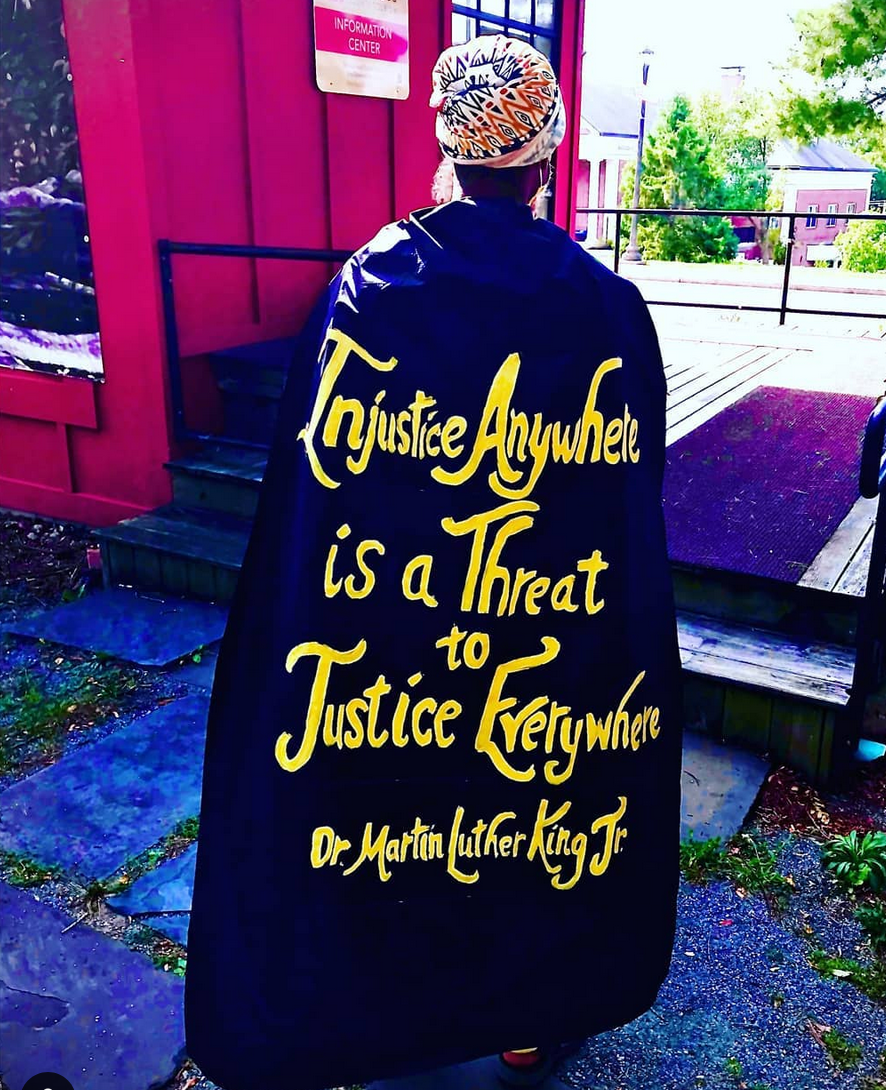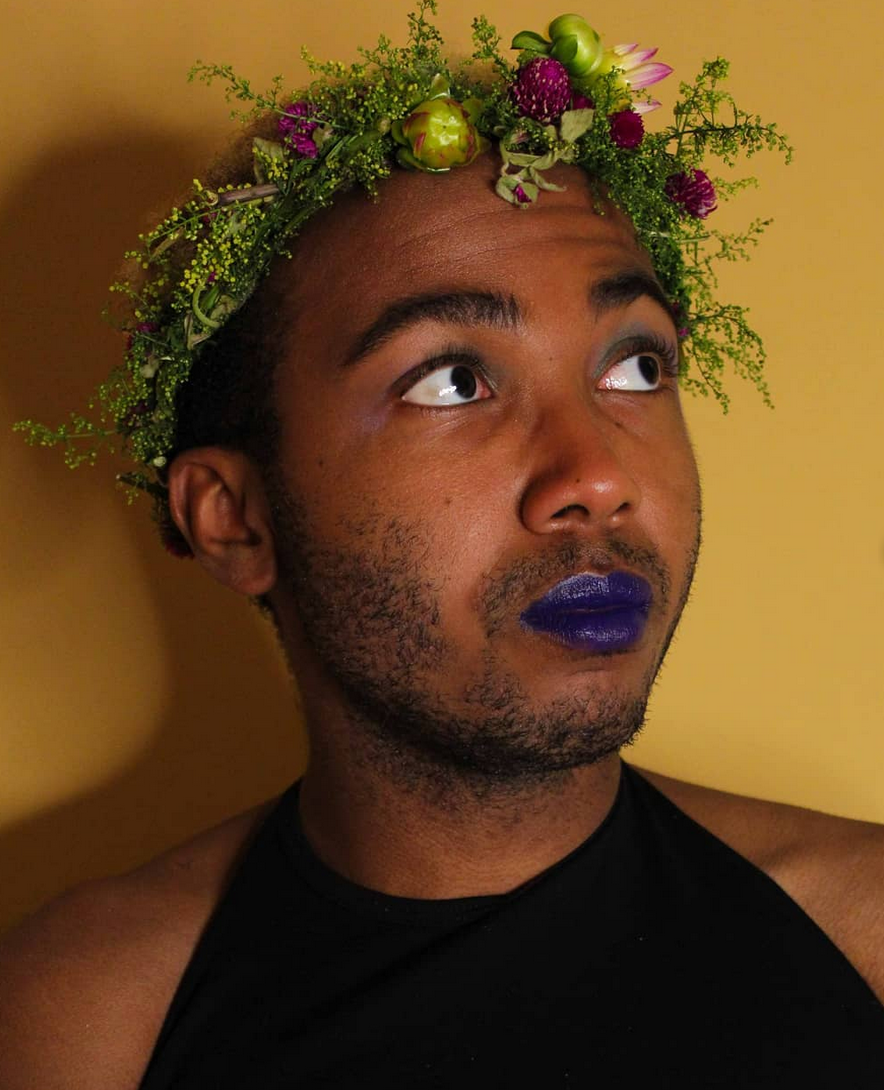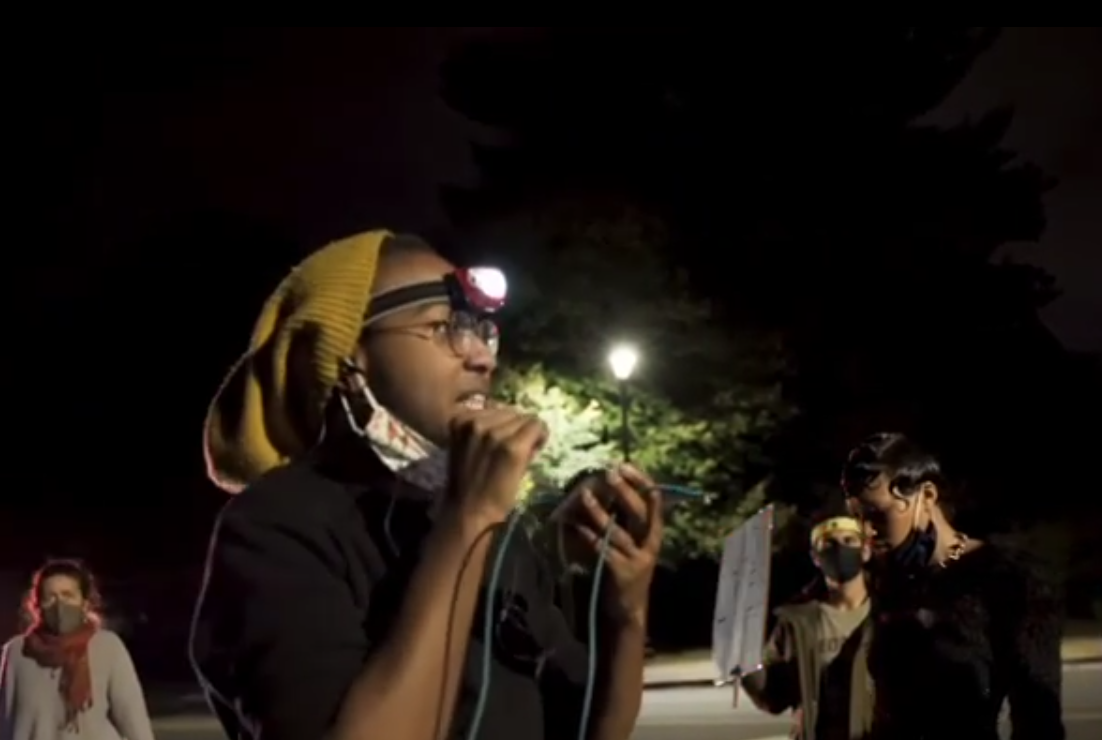Episode 8: Justice McCray And The Origins Of Beacon4Black Lives
When A Little Beacon Blog shared its first article about the first protest in Beacon, NY, a person in Facebook commented: “Is there racism in Beacon?” As a white person living in Beacon, it can feel idyllic. Nice yards. Beautiful (but balmy) weather. Wonderful mountain. Charitable community. All the things one could want in a small town. But if one opens their ears and eyes, to listen to how their Black friends ands neighbor really feel, one may begin to admit to themselves that all places in America are racist, and now is the time to recognize it, learn it, admit it, and move into a new space that actively rejects it. People in their 40s were raised to believe that color doesn’t matter. Color blindness was encouraged. So blindness happened.
This social revolution has revealed is a silent segregation, where experiences felt by Black people might not make it to the white community’s ears, or if it does, may fall on deaf ones. Even well meaning deaf ears. After the 5th protest, a person in Instagram commented: “The riots ended in Beacon 40 years ago,” alluding to the “racial disturbance” the Poughkeepsie Journal headlined it years ago, when the youth between Beacon and Cold Spring heated up. It’s why the Spirit of Beacon Day was created - as a way to work together - or numb the pain.
Justice McCray is a young Beaconite, known for his work at the Howland Public Library, Split Rock Books in Cold Spring, his past work on the Human Relations Committee years ago, and his colorful and artistic expressions in his Instagram. As what has happened with several Black people at the beginning of this social revolution and movement to make Black lives matter more after the killing of George Floyd by Minneapolis police, Justice began responding to his friends and followers in Instagram and in real life, as he dove in to the water rapids with swift currents that has become this revolution.
Along with other people he knew years ago in his super-youth, Justice stepped into an organizing roll of the group Beacon4Black Lives. “We're out here with the sole intent of listening to the whole community,” he told us during this episode, “to build safety and build community.”
Justice has dedicated most of his free time attending City Council meetings, organizing and leading protests down Beacon’s Main Street, supporting protests in sister cities, curating speaking and performance events after each March, showing up for sister organizers in their specialties - all in the name of spreading the word and experience of Black and Brown people, in order to create a safer, more comfortable environment, he says.
In this podcast episode, we learn that Justice, who has a vast collection of capes, never had a super hero role model growing up. He tells Brandon and Katie that there was no one who looked like him that he could identify with. “I strive to be the hero that I never had.”
Justice reveals on this episode:
Visions for a community center.
Visions for public WIFI.
Why defunding the police - or a lowered budget - is the first mission of Beacon4Black Lives, and not the only budget they are focusing on.
How they are just getting started.
Justice also reveals the 2 super powers he wished he had: Empathetic Telepathy (to truly understand how someone is feeling), and the ability to help heal people (not to be confused with actually healing them - but helping them heal themselves).
Numbers: In this podcast, Justice mentioned how many meals Mutual Aid of Beacon helped get to people during the summer of 2020. The correct number is even more than he stated: 350 families every Wednesday and 150 families every Friday.




